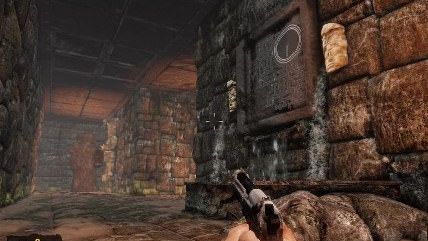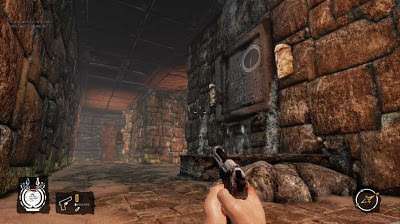Game Developer Tries to Silence YouTube Critic, Discovers Streisand Effect
Attempt to use copyright to shut down criticism backfires magnificently


A company called Wild Games Studio released an action/survival PC game called Day One: Garry's Incident. The game does not appear to have been received well. There's a bit of a glut in this particular genre right now, and a game in this vein needs to stand out to get attention. Apparently Garry's Incident now does, but certainly not in any way the game developers would have hoped.
The game is getting terrible reviews, and YouTube is host to a ton of them. The reviews may actually be a little bit of a challenge to find now thanks to Wild Games Studio's response to one particular review. A gentleman by the name of TotalBiscuit (no, really, that's his … okay, fine, his real name is John Bain) is probably one of the most successful video game critics on the Internet. His YouTube channel boasts just shy of 1.3 million subscribers. He sampled the game on October 1 and did not find it enjoyable (Sample of response to the game: "Screw everything about this!").
Video game reviews on YouTube allow critics to do something they can't do through blog posts or print reviews: They can actually play and demonstrate the game in action in the video. This is a boon for consumers looking to spend their game money on a quality product as the game market grows and grows and grows. It's also a boon for good game developers, as there's nothing like the sight of a reviewer with a big audience enjoying your product to push folks off the fence in your favor. For bad games, though, it has the potential to devastate more than those old-fashioned reviews, as video watchers can actually see how terrible the problems are.
Wild Games Studio made their problems even worse by trying to retaliate against Bain. They made a copyright claim against him on YouTube, using a flimsy excuse that he monetizes the videos with advertising (Bain manages a living with his game journalism and announcing) and thus cannot use their assets without their permission. The studio succeeded. YouTube yanked the review. Furthermore, YouTube's copyright-protection system threatens users that their channel will be deleted if they get three of these takedown claims. In Bain's case, that would result in the removal of hundreds of videos.
Obviously, the takedown request was a load of crap. They provided Bain access to the game in the first place, knowing he was a critic and knowing he was going to make a video of his experience, only acting when they didn't get the response they hoped for. It's the equivalent of a movie studio trying to block the airing of a bad movie review on an entertainment program because it used the footage the studio provided to them.
But you don't screw with people who are popular on the Internet. Imagine earning the ire of 1.3 million avid gamers. They flooded the Metacritic page for the game and dragged the user score down to .5 out of 10.
After a massive backlash, the company has backed off and apologized, withdrawing their copyright complaint against Bain. The video is now back on YouTube. For the company, though, the damage is done. Putting the game's name into a Google search now brings up several different stories about the copyright takedown scandal right near the top.
The Streisand Effect claims another victim. And we all get a reminder that copyright issues are still a terrible mess on the Internet, and the reckless enforcement methods threaten legitimate livelihoods, not just "pirates."


Show Comments (57)